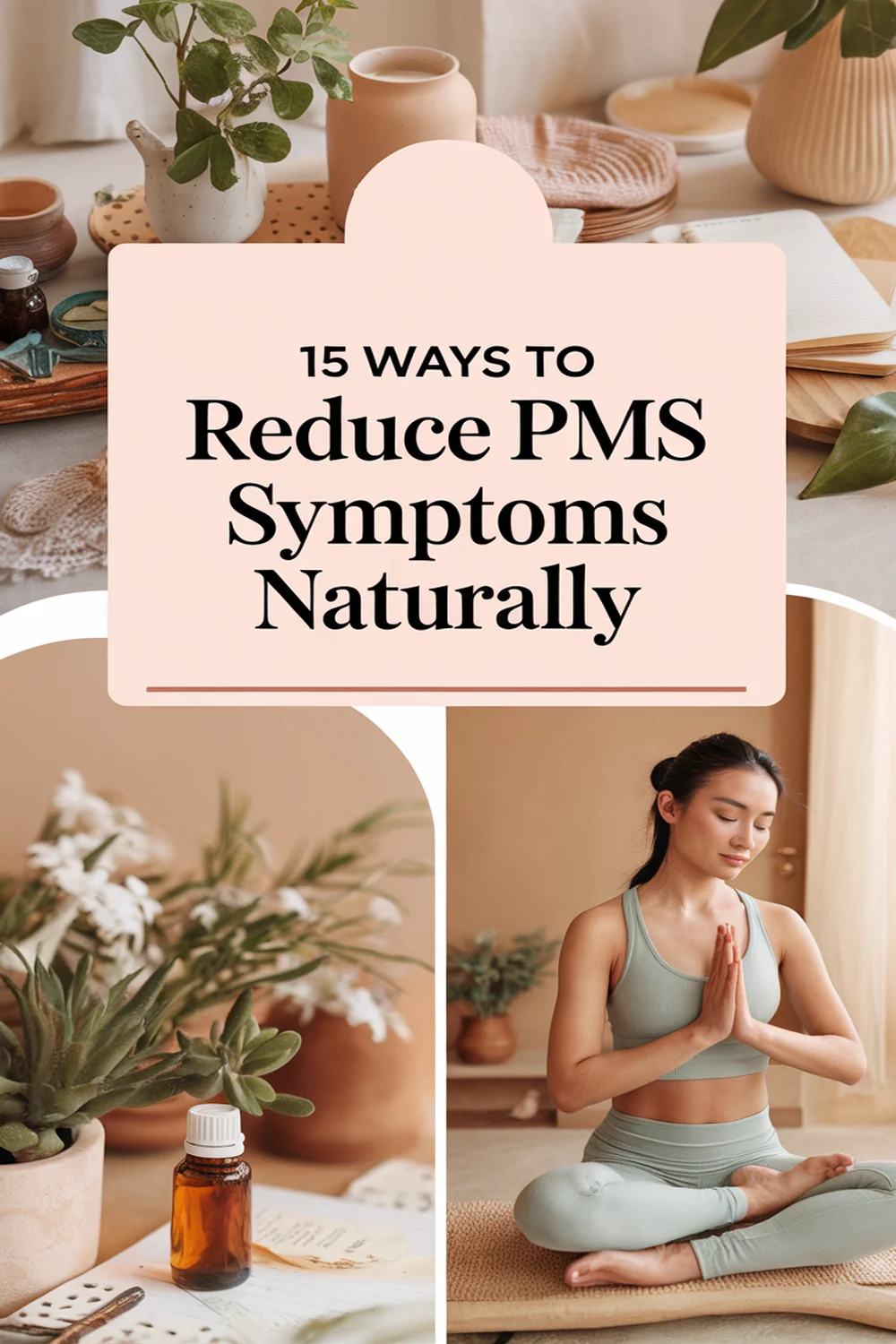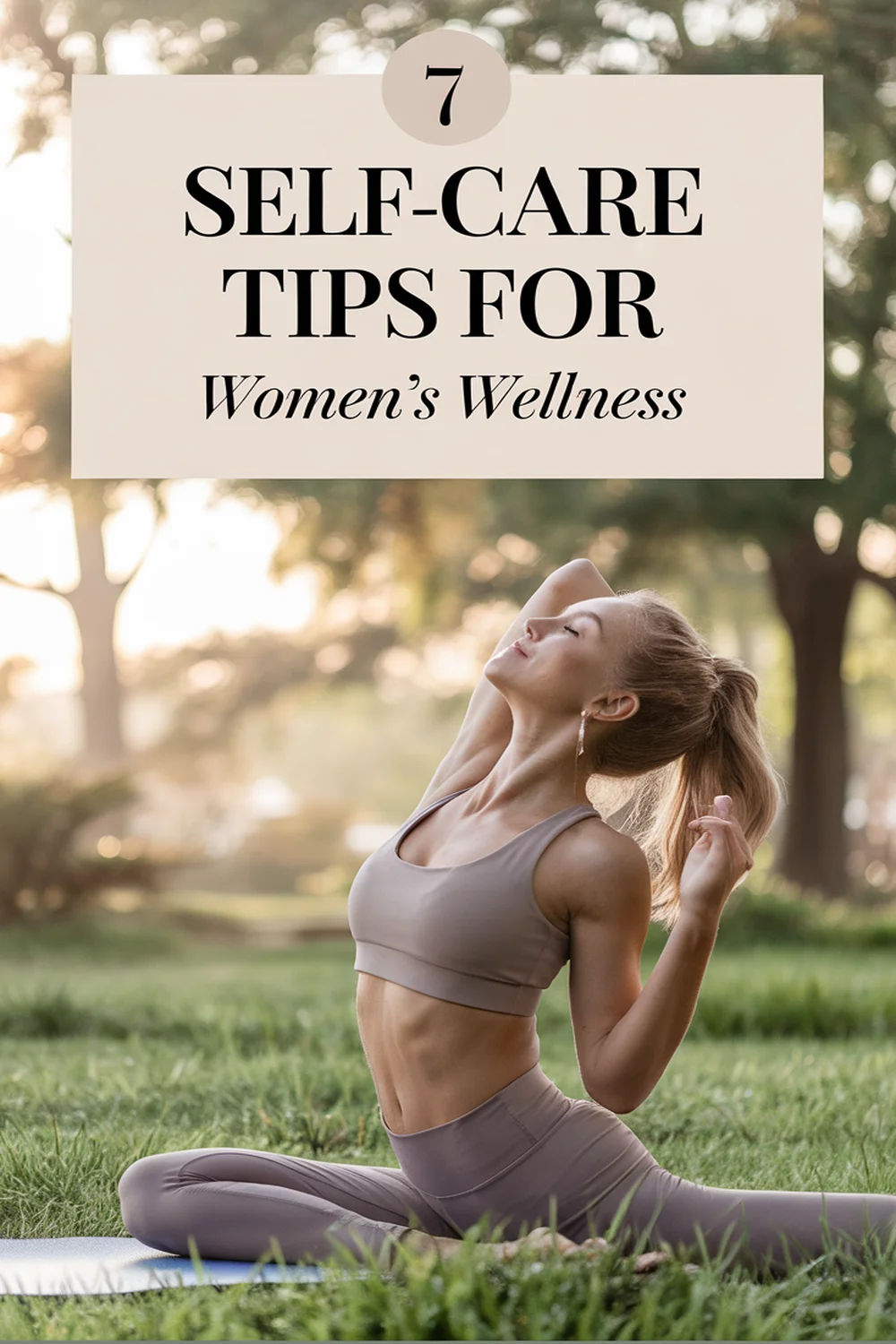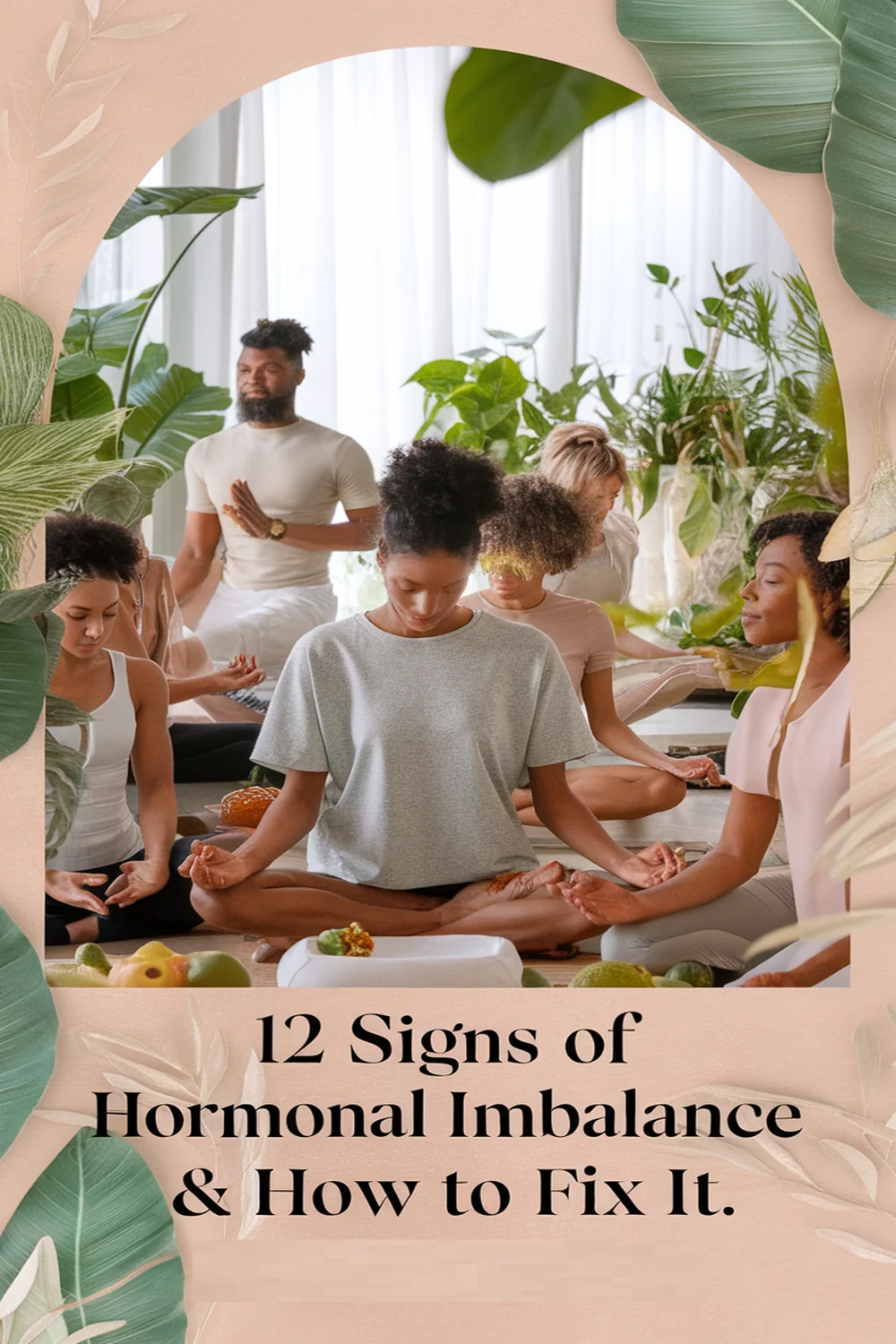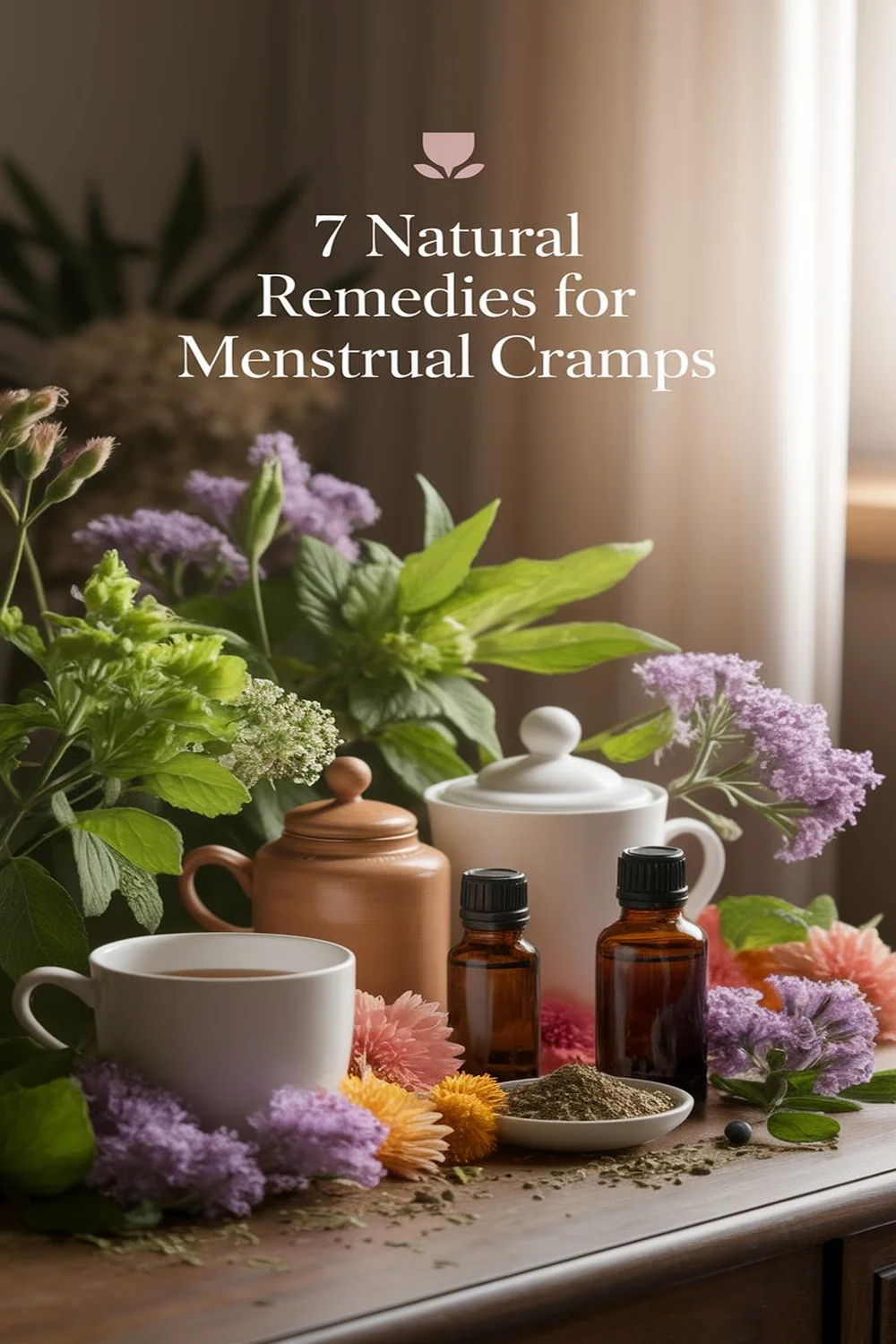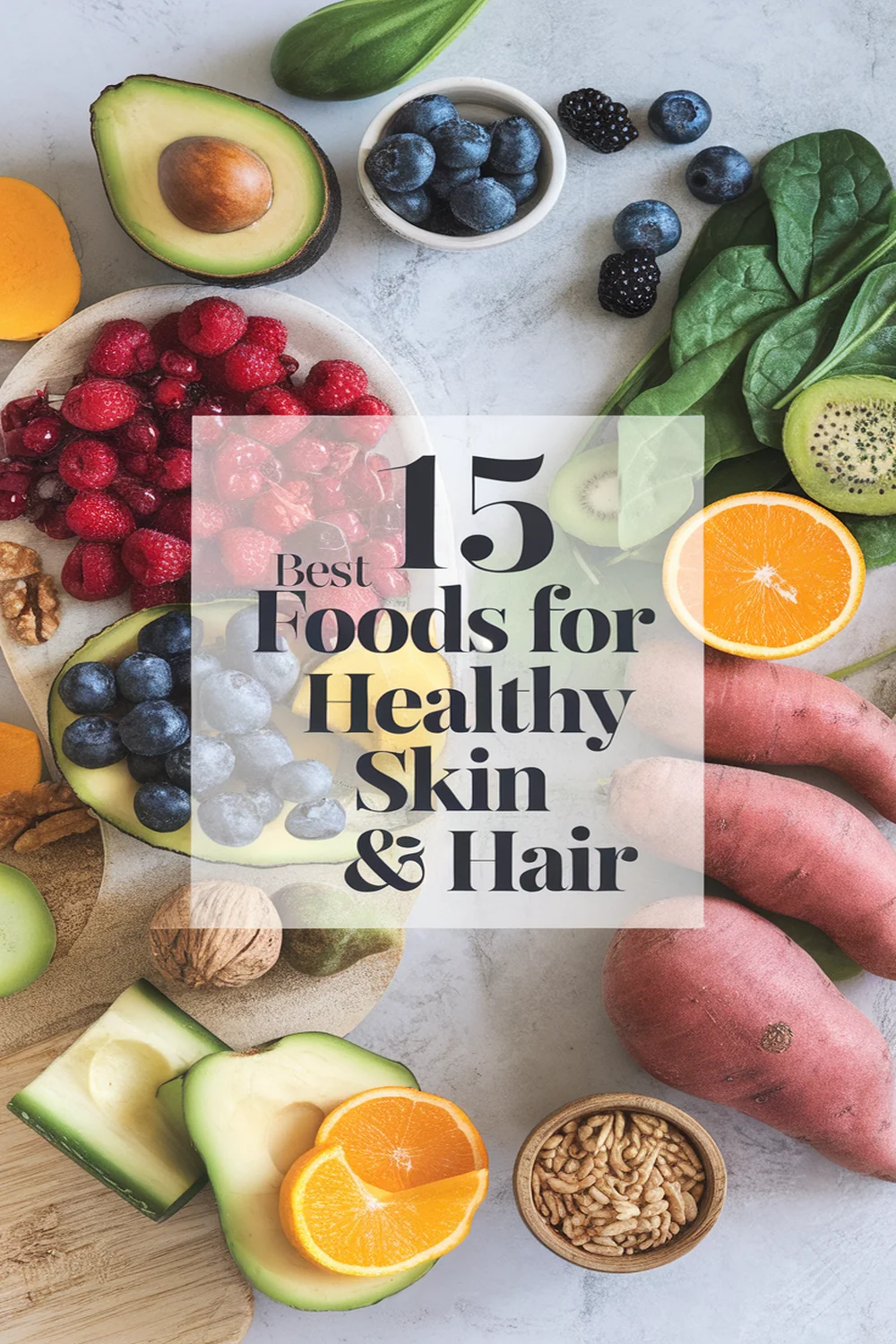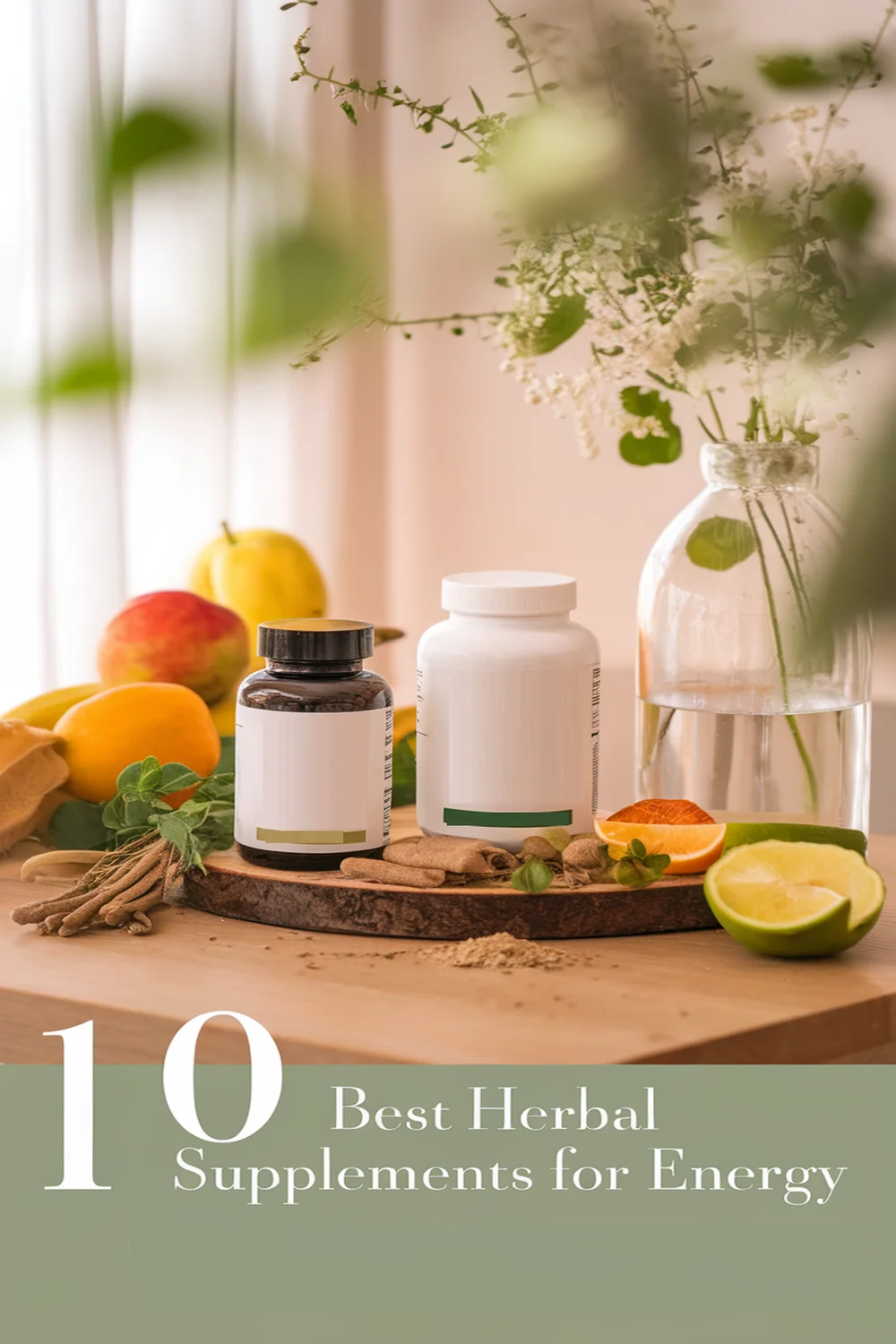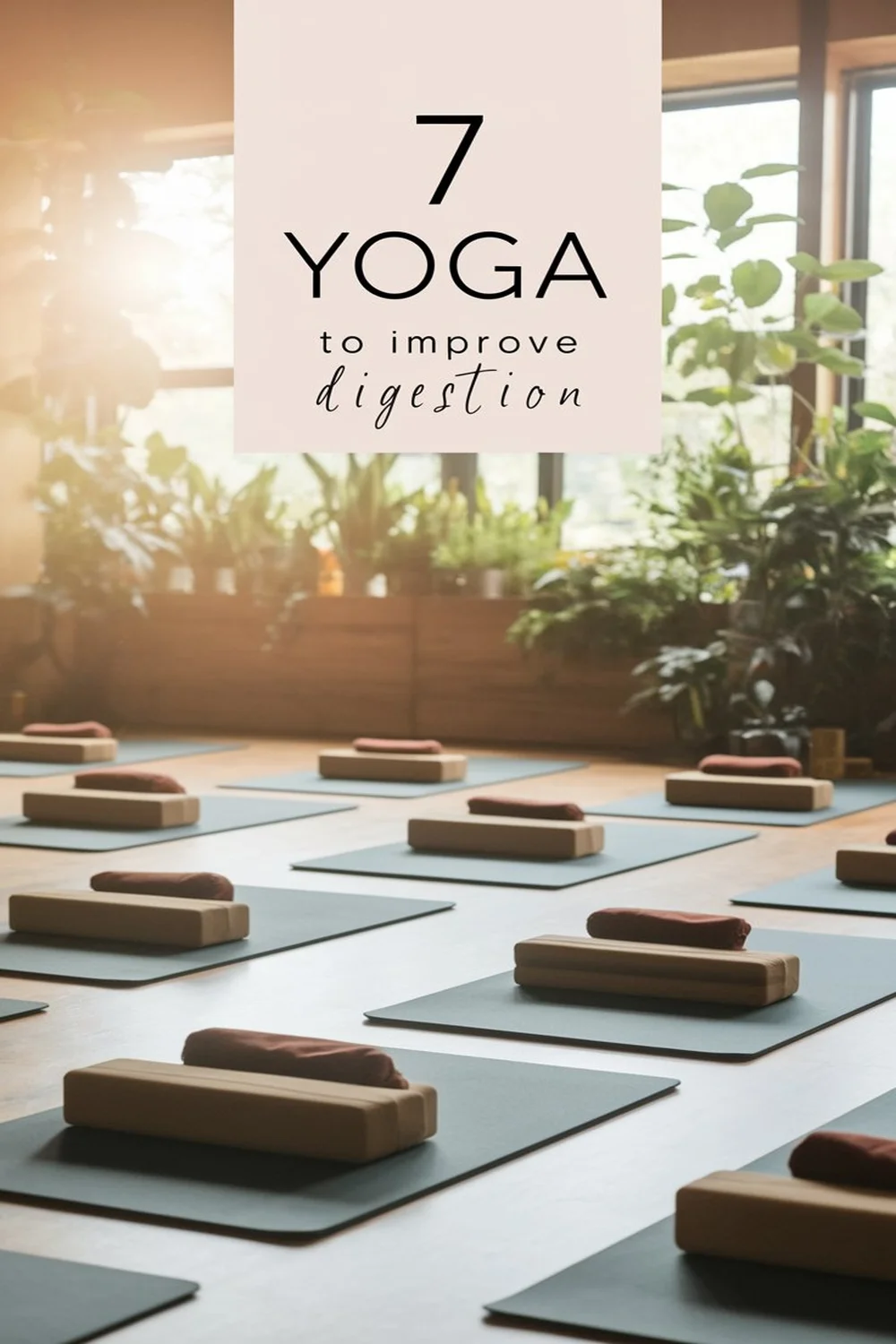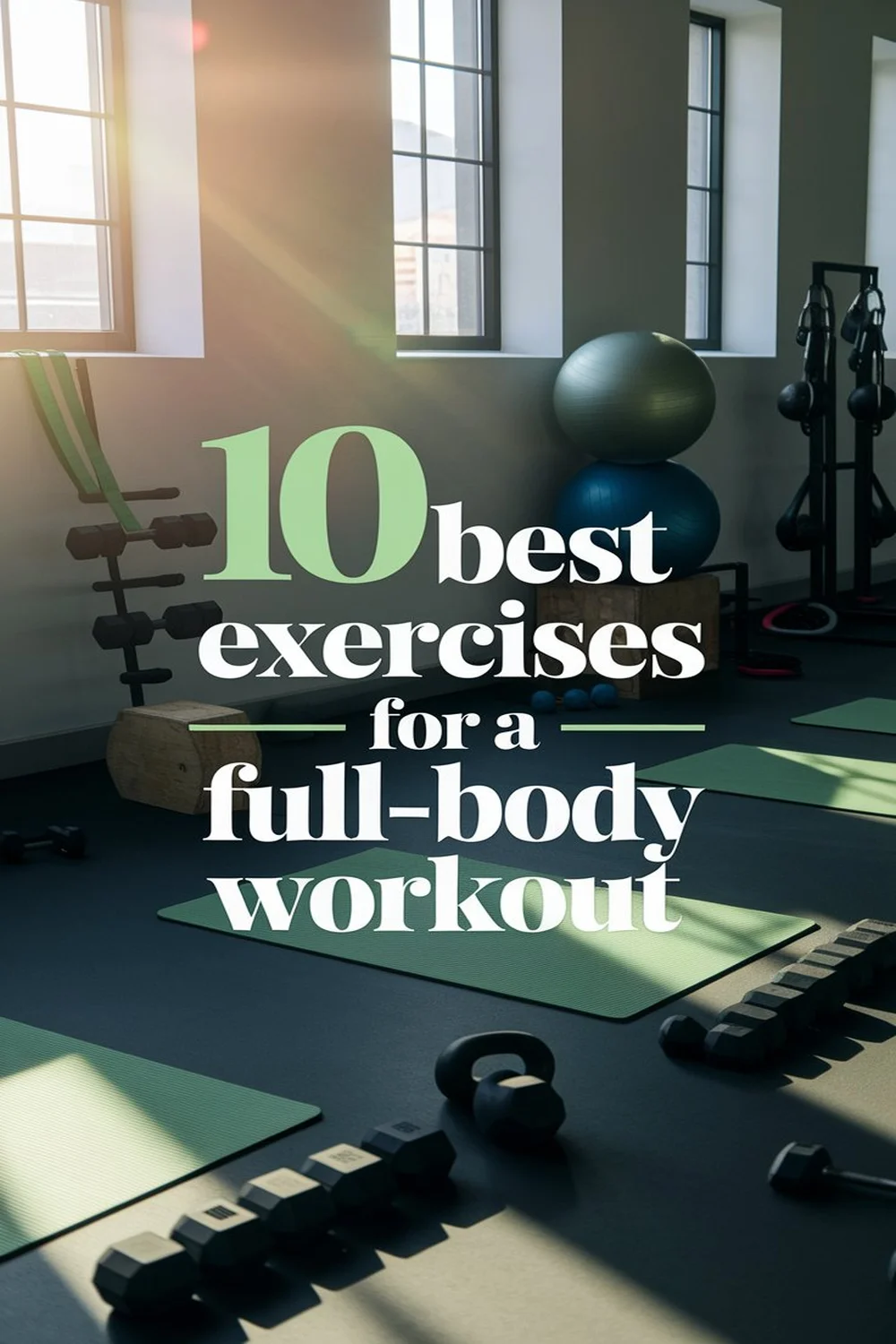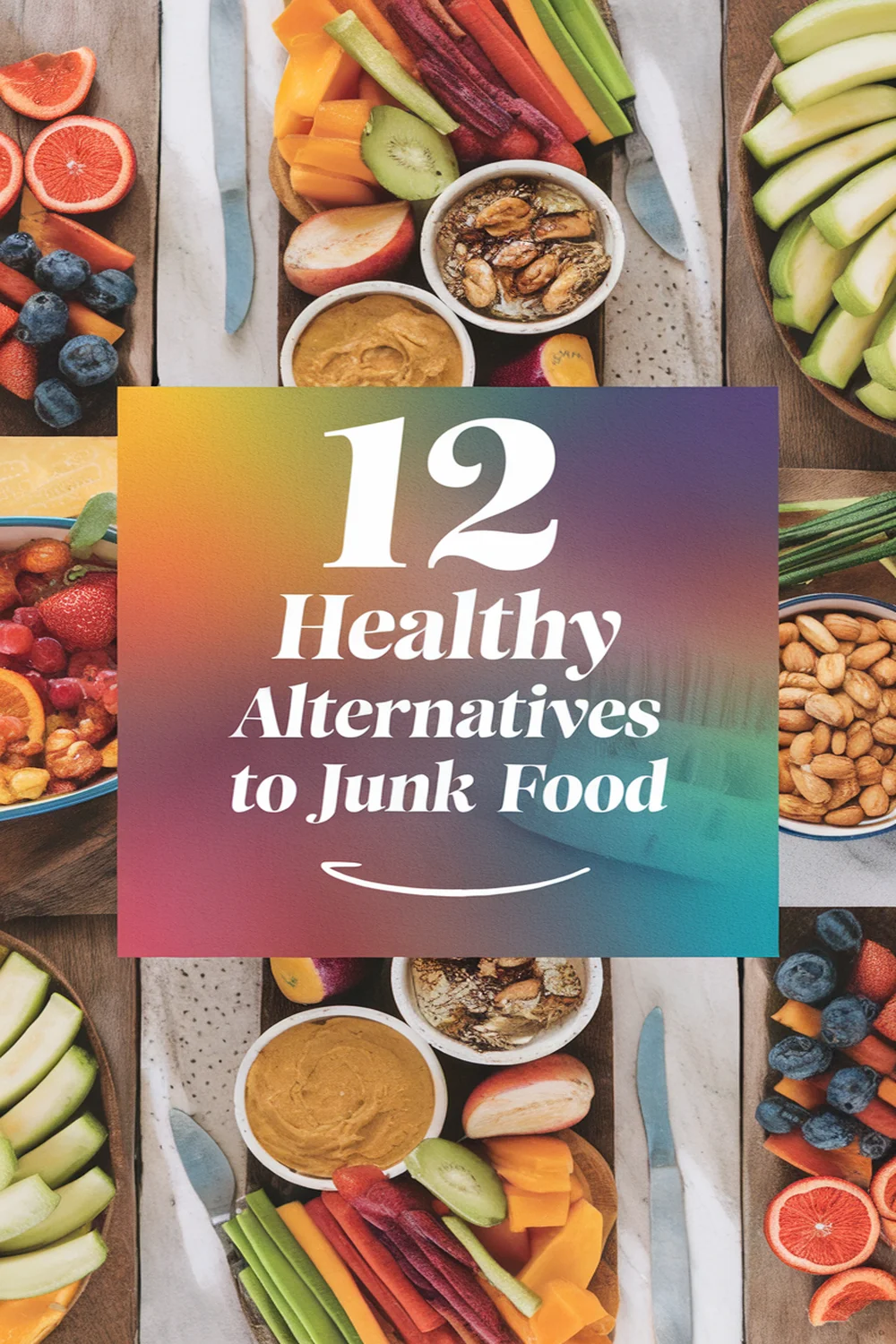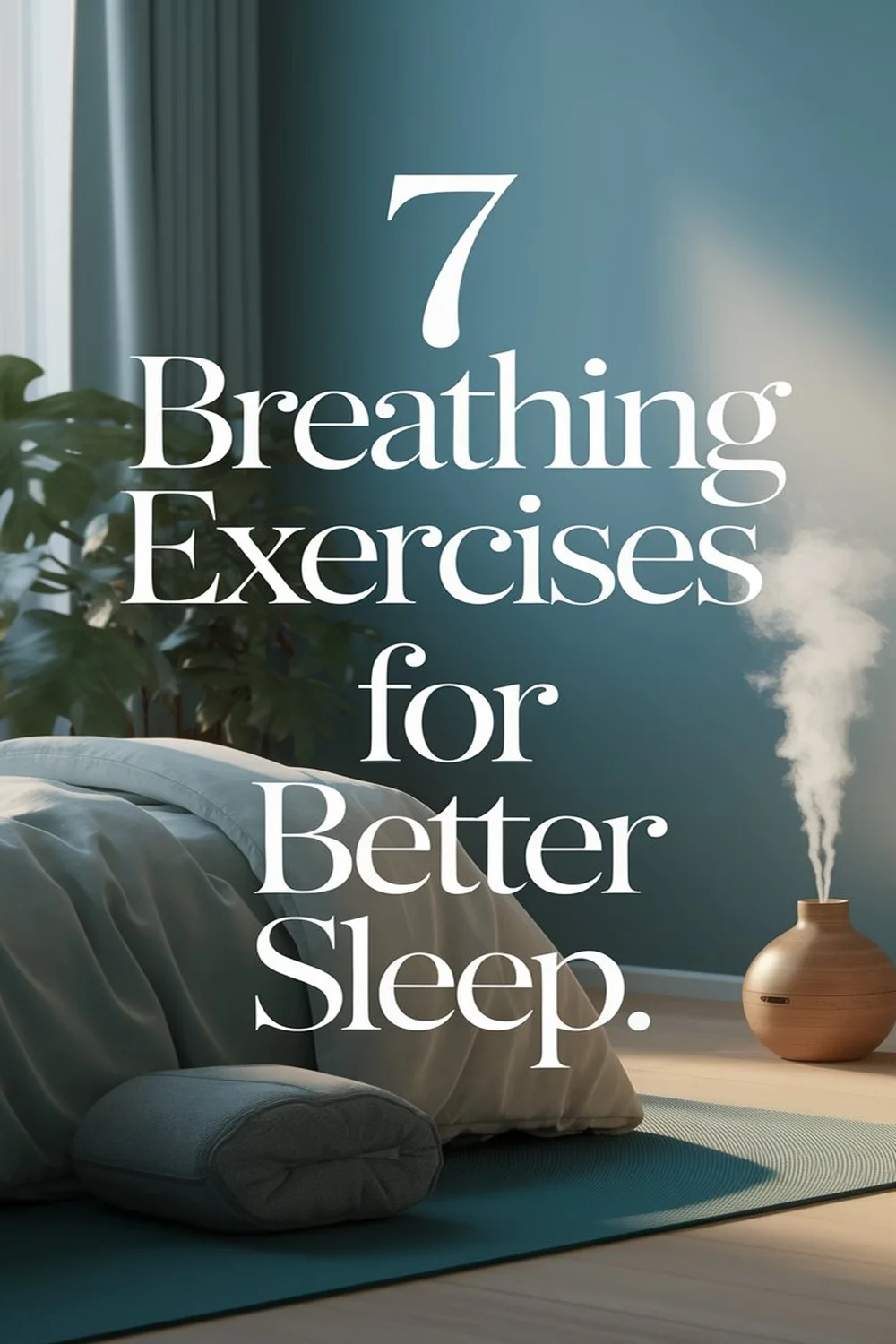To reduce PMS symptoms naturally, maintain a balanced diet rich in magnesium and omega-3s, stay hydrated with plenty of water, and get regular exercise to release endorphins. Incorporate stress reduction techniques like mindfulness and meditation, and guarantee you’re getting enough sleep to enhance mood. Gentle yoga can soothe discomfort, while aromatherapy with essential oils may provide additional relief. Seeking support from friends or therapy can also help you navigate these challenges. There’s more to explore!
Maintain a Balanced Diet
When you maintain a balanced diet, you can considerably alleviate PMS symptoms. Focus on incorporating whole foods like fruits, vegetables, whole grains, and lean proteins into your meals. These nutrient-dense options provide essential vitamins and minerals that support your overall well-being. Pay particular attention to magnesium-rich foods, like nuts and leafy greens, as they may help reduce mood swings and cramps. Omega-3 fatty acids found in fish can also ease discomfort. Don’t ignore the importance of fiber; it aids digestion and helps regulate hormones. Limit processed foods, sugar, and caffeine, as they can worsen symptoms. By making mindful dietary choices, you empower your body to better handle PMS, leading to a more comfortable experience each month.
Recommended Items
Explore our recommended health and wellness essentials to help ease those PMS symptoms naturally!
Stay Hydrated
Staying hydrated is essential for managing PMS symptoms, and drinking at least eight glasses of water a day can make a significant difference. When you’re well-hydrated, your body experiences fewer headaches, bloating, and cramps, which are common during PMS. Water helps flush out excess sodium, reducing water retention and its associated discomfort. You might find that herbal teas and infused water (with fruits like lemon or berries) can add variety and flavor, making hydration enjoyable. It’s also handy to carry a refillable water bottle, reminding you to sip throughout the day. If you’re active, increase your intake to replace fluids lost during exercise. So, make hydration a daily priority to help alleviate those pesky PMS symptoms naturally.
Exercise Regularly
Incorporating regular exercise into your routine can greatly ease PMS symptoms. When you engage in physical activity, your body releases endorphins, which are natural mood lifters. This can help reduce feelings of irritability and sadness often associated with PMS. Aim for at least 30 minutes of moderate exercise most days. Activities like brisk walking, cycling, or yoga can improve circulation and alleviate cramps. Additionally, regular movement helps regulate hormones, contributing to more stable emotional health. Don’t forget the importance of finding an activity you enjoy; it’ll make it easier to stick to a routine. Remember, consistency is key—so find what works for you and make exercise a part of your monthly cycle management. Your body will thank you!
Practice Stress Reduction Techniques
Alongside regular exercise, practicing stress reduction techniques can greatly alleviate PMS symptoms. Incorporating methods such as deep breathing exercises, meditation, or yoga into your daily routine can help lower stress levels and promote emotional balance. Mindfulness practices allow you to focus on the present moment, reducing anxiety and enhancing your overall mood. Consider setting aside time each day for these activities; even just a few minutes can make a big difference. Progressive muscle relaxation is another effective technique, helping you release tension in your body. By managing stress, you’re not only improving your mental well-being but also reducing the physical discomfort often associated with PMS, making your monthly cycle a bit more bearable.
Get Enough Sleep
Since getting enough sleep directly impacts your overall health, prioritizing rest can be incredibly beneficial in easing PMS symptoms. Lack of sleep can heighten irritability, fatigue, and mood swings, making your symptoms worse. Aim for 7-9 hours of quality sleep each night to guarantee your body has time to recover and regulate hormones effectively. Establishing a consistent sleep schedule helps signal to your body when it’s time to wind down, making it easier to fall asleep. Create a comfortable sleep environment—cool, dark, and quiet—to promote restful slumber. Consider limiting screen time before bed to improve sleep quality. By giving your body the rest it needs, you’ll likely notice a reduction in PMS-related discomfort, making your menstrual cycle more manageable.
Incorporate Herbal Remedies
While managing PMS can be challenging, incorporating herbal remedies into your routine can provide natural relief. Herbal options like chaste tree berry, known for balancing hormones, might help ease mood swings and irritability. You could also try evening primrose oil, which may reduce breast tenderness and bloating. Another effective choice is ginger, touted for its anti-inflammatory properties; adding it to your tea could soothe cramps. Don’t overlook peppermint tea, as its calming effects can also alleviate discomfort. Always remember to consult with a healthcare professional before starting any new herbal remedy, especially if you’re on medication or have pre-existing conditions. By choosing the right herbs, you can take an empowered step towards alleviating PMS symptoms naturally.
Consider Dietary Supplements
If you’re seeking additional ways to manage PMS symptoms, considering dietary supplements might be a beneficial option. Certain vitamins and minerals can help alleviate discomfort. For instance, magnesium may reduce bloating and mood swings, while vitamin B6 can enhance your mood and decrease irritability. Omega-3 fatty acids, found in fish oil, have anti-inflammatory properties that might lessen cramps and breast tenderness.
Additionally, calcium is known to combat PMS symptoms, as it supports hormone regulation. However, it’s important to consult with a healthcare provider before starting any supplement regimen, ensuring it aligns with your individual health needs. Incorporating these dietary supplements could be the extra support you need during that time of the month.
Limit Caffeine and Alcohol
Dietary supplements can provide valuable support, but adjusting your lifestyle choices can also make a significant difference in managing PMS symptoms. One effective change you can make is to limit your caffeine and alcohol intake. Both substances can aggravate anxiety, irritability, and mood swings during your menstrual cycle. Caffeine can also lead to breast tenderness and increase bloating, while alcohol often worsens feelings of depression and fatigue. By reducing or eliminating these drinks, you might experience a more stable mood and less physical discomfort. Try replacing coffee with herbal tea and opting for non-alcoholic beverages when socializing. Small adjustments like these can lead to improved overall well-being, making your menstrual cycle a bit more manageable.
Keep a Menstrual Diary
Keeping a menstrual diary can be a powerful tool in managing your PMS symptoms. By tracking your cycle, you can identify patterns in your symptoms, mood changes, and physical discomfort. Start by noting the first day of your period, the duration, and any symptoms you experience leading up to or during your menstrual phase. This can include mood swings, cravings, or fatigue. Over time, you’ll be able to see what triggers your symptoms and when they peak. This knowledge empowers you to take proactive steps, like adjusting your diet or self-care routine. Plus, sharing this information with your healthcare provider can lead to more personalized advice and treatment options to alleviate your PMS.
Use Heat Therapy
Heat therapy is a simple yet effective way to relieve PMS symptoms like cramps and back pain. Applying warmth to your lower abdomen with a heating pad, warm towel, or hot water bottle can soothe muscle tension and increase blood flow, easing discomfort. You could also take a warm bath to envelop your body in heat, promoting relaxation.
Microwavable heat packs are another convenient option, easily applied right where you need them. Consider also wearing warm clothing or using warm compresses during the day for ongoing relief. Remember to listen to your body; if heat feels good, it’s your cue to keep going. By incorporating heat therapy into your routine, you’ll likely find relief and regain comfort during your cycle.
Action Steps to Ease PMS Symptoms Naturally
Try Acupuncture
One effective way to alleviate PMS symptoms is through acupuncture. By targeting specific points in your body, acupuncture can help reduce pain, mood swings, and other PMS-related issues. This ancient practice promotes balance and relaxation, making it a great natural remedy for many women.
| Benefit | Description | Frequency |
|---|---|---|
| Pain Relief | Reduces cramps and discomfort | As needed |
| Emotional Balance | Helps stabilize mood | Weekly or bi-weekly |
| Hormonal Regulation | Supports hormonal balance | Monthly |
Consider consulting a licensed acupuncturist to discuss your symptoms and create a tailored treatment plan. You might just find that acupuncture brings the relief you’ve been seeking!
Practice Mindfulness and Meditation
Acupuncture isn’t the only method to find relief from PMS symptoms; practicing mindfulness and meditation can also make a notable difference. By focusing on the present moment and calming your mind, you can markedly alleviate stress and tension that contribute to PMS discomfort. Techniques like deep breathing, guided imagery, or simply sitting in silence can help you reconnect with your body and emotions. Setting aside just a few minutes each day can boost your overall well-being and improve your mood. As you cultivate mindfulness, you may notice enhanced emotional resilience and reduced anxiety, allowing you to better manage not just PMS, but everyday stressors too. Embrace these practices, and experience a more balanced state of mind during your cycle.
Explore Aromatherapy
Aromatherapy can be a powerful tool for alleviating PMS symptoms. By using essential oils, you can create a calming environment that helps ease mood swings, bloating, and cramps. Oils like lavender are great for relaxation, while clary sage may help balance hormones and reduce discomfort.
To start, try diffusing a few drops of your chosen oil in your home or adding them to a warm bath. You might also consider diluting essential oils with a carrier oil and applying them topically to the abdomen. Just remember to patch-test first!
Experiment with different blends to find what resonates best with you. Integrating aromatherapy into your routine can provide comfort and relief when dealing with PMS symptoms.
Engage in Gentle Yoga
If you’re looking for a gentle way to alleviate PMS symptoms, engaging in yoga can be incredibly beneficial. This mindful practice focuses on breathing, stretching, and relaxation, which helps reduce stress and tension. Even just a few minutes of gentle yoga can promote blood flow and ease muscle discomfort. Poses like Child’s Pose and Cat-Cow are perfect for relieving bloating and soothing your back. Plus, the meditative aspect encourages you to connect with your body and emotions during this time. Creating a calming environment with dim lights and soft music can enhance your experience. So, roll out your mat, breathe deeply, and allow your body to find balance and comfort during this phase of your cycle.
Seek Support From Friends or Therapy
While many women experience PMS symptoms in silence, seeking support from friends or a therapist can make a significant difference. Sharing your feelings with trusted friends allows you to vent, receive empathy, and gain perspective. Sometimes, just knowing you’re not alone can lighten your emotional load. Additionally, talking to a therapist offers a safe space to explore deeper issues related to your PMS, such as anxiety or stress. They can provide coping strategies tailored to your needs and help you manage your symptoms more effectively. Don’t hesitate to reach out; surrounding yourself with supportive people can empower you to face PMS head-on and feel more in control. You’re stronger when you lean on others during tough times.

